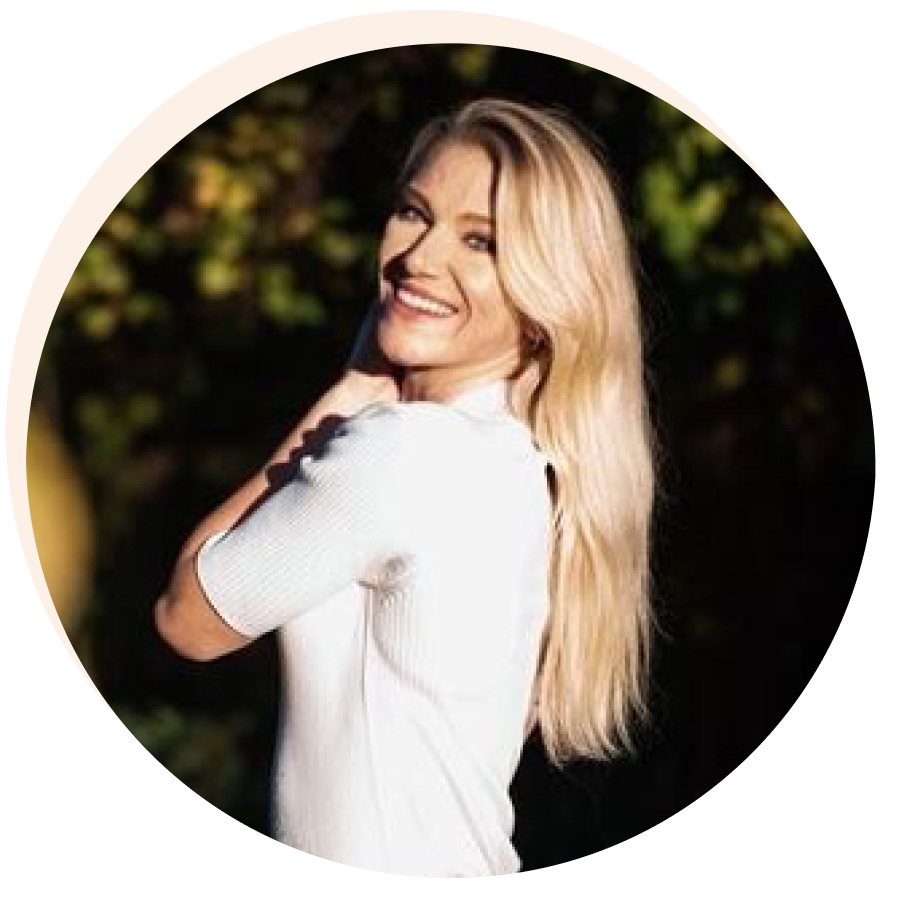![[Translate to Englisch:] Porträtfoto Pia Witthöft](/fileadmin/user_upload/Geschichten/Geschichten-internal_Pia-Witthoeft2.png)
Pia Witthöft
Head of the "Mutstelle" Counselling Centre
It helps enormously to seek outside advice
People with disabilities are significantly more often affected by sexualised violence during childhood and adolescence, but also as adults. Pia Witthöft explains why this is the case and what needs to change.
About Pia Witthöft
Pia Witthöft is a certified psychologist. Since 2014 she has been the head of the Berlin-based "Mutstelle" – a professional counselling centre for people with learning difficulties who have experienced sexualised violence. She and her colleagues provide advice and support to victims, their families and professionals.
Ms Witthöft, according to a study by the Federal Ministry for Family Affairs, women with a mental or physical disability are two to three times more likely to experience sexual abuse during childhood and adolescence. Why is that the case?
Children and adolescents with a disability are often less able to defend themselves and set boundaries. They are very much dependent on their families and their caregivers within care facilities. They also often experience relationship breakdowns and insecure attachments. They come into contact with people outside the care system less often, and when they do, this often does not happen in a self-determined way. This means they do not have the same shared experiences with their peers that other children and young people have. And in answer to the question: "Is it normal that...?". Another aspect that also plays a role in adulthood: Children and young people with a disability do not always understand the intricacies of a situation and may not be able to express themselves well. There is usually a big difference in their emotional and cognitive maturity compared with other people their age. This especially plays a role in cases of assaults between young people. Also at this age, girls or boys with a cognitive impairment may find it much harder to defend themselves and set boundaries. And incidentally, studies from various countries show that the incidence is also significantly higher among boys with disabilities.
How can abuse experienced by people with disabilities affect them in adulthood?
That is a broad field. In summary you could say that the impacts are not all that specific for people with disabilities. When someone has a post-traumatic disorder, then this gets expressed – whether you have a disability or not. Such as in the form of difficulties in building relationships, a great attachment to certain people, as well as a strong need for security and regularity. People often lack a sense of their own boundaries – and those of others. How people relate to their own body can be difficult and even lead to self-harming. Conversely, behavioural problems and even the learning disability itself can be the result of trauma caused by violence. To put it simply: When we experience stress, we do not learn or process things well. And trauma means enormous stress, which puts us in emergency mode. It's about survival: We are no longer able to decide how we want to behave, what we want to perceive, focus on or learn. The earlier traumatising effects affect the developing brain, the more difficult it is for the brain to develop certain functions and the harder it is to regulate stress. And the more survivors will struggle with the consequences later in life.
Where does sexualised violence against people with learning disabilities occur most frequently? Who are the perpetrators?
Just like with people without learning difficulties, sexualised violence often happens within the family or in partnerships – especially when there is a strong power imbalance. Facilities for the disabled, such as a residential community or a workshop, can also be a "crime scene". It can be professionals who commit the abuse, but quite often the abuse takes place within the peer group, such as by a housemate or a colleague. In particular, when no sexual educational programmes are in place and protection concepts are poorly communicated, there is often a lack of the necessary sensitivity to intervene early on or a lack of preventive services, such as counselling. Taboos and blind spots create opportunities for potential perpetrators.
Berlin has had a counselling centre for people with learning difficulties since 2014. Where does the name "Mutstelle" (Courage Centre) come from?
Courage is very important in this context; victims of sexualised violence have often lost it and want to regain it. We as helpers also need courage; the courage to suggest the right steps, even if they are uncomfortable at times, and insist that these steps are taken. Courage is the psychological guiding principle of our counselling centre – that's where the name comes from.
In acute crisis situations in particular, it greatly helps to seek advice from outside and not just stay in your own circle. We look at everything from an independent viewpoint and can help people view the situation neutrally.
Who uses our service?
We advise people with learning difficulties, that is the victims and their families, but also professionals. One in two counselling sessions is attended by professionals. That happens, for example, when the victims themselves cannot or do not want to express themselves, or do not sufficiently understand what has happened to them. It doesn't matter whether the abuse has just happened or took place in the past. We are also here for people who experienced violence in childhood or adolescence. We also advise institutions, for example, by helping them develop protection concepts.
Why is it important that there are counselling centres specifically for people with learning difficulties?
I hope that we will need fewer of such special structures in the future. But in order to cut down on such structures, we need enough knowledge as well as well-prepared offers of support. This happens over many years in incremental steps. That is why it is important that offers like the "Mutstelle" exist. Not all counselling centres for sexualised violence are fully wheelchair accessible yet. At the "Mutstelle", all rooms are barrier-free, and our language and our methods are also disabled friendly. We understand what people with cognitive impairments need. And if the victim so wishes, we also involve their support system in the counselling.
How do you help specifically?
The counselling depends on people's individual needs. Often, we first talk about which steps are important and possible. We also look for signs of post-traumatic stress disorder. We do not offer therapy here at the "Mutstelle". But we are able to offer stability and support for a certain period of time. Sometimes it is useful to also involve people's carers.
What measures are needed to protect people with learning difficulties from sexualised violence?
I believe that taking an open and informative approach to the subject of sexuality and relationships is very important. It would be great if schools would do this as standard. The "Eingliederungshilfe" (integration aid) service also bears a great responsibility: It needs specific protection concepts and of course sex education concepts. It is not enough, however, to just draw up such concepts once. They must be constantly updated and staff must be trained in them.
Why do you recommend that victims, their relatives or professionals summon up their courage and contact your centre?
In acute crisis situations in particular, it greatly helps to seek advice from outside and not just stay in your own circle. These are often complex and difficult situations with many interdependencies and loyalties. We look at everything from an independent viewpoint and can help people view the situation neutrally. The victims themselves, as well as their families or professionals, should know that it is not just the act of violence itself that determines how well a person comes to terms with their experience, but also how this act is dealt with.
Give us a call – even if you're unsure
Talk to the advisors of the Sexual Abuse Help Line. Your call is anonymous and free of charge.
Telephone hours:
Mon, Wed, Fri: 9 a.m. to 2 p.m.
Tues, Thurs: 3 p.m. to 8 p.m.
This offer is not available in English
If you need advice, please contact the Sexual Abuse Helpline (0800 22 55 530). Telephone advice is also available in English.



![[Translate to Englisch:] Porträtfoto Lisa Fahrig](/fileadmin/user_upload/Geschichten/Slider/Geschichten-slider__Lisa_Fahrig-1.png)

![[Translate to Englisch:] Porträtfoto Tanja von Bodelschwingh](/fileadmin/user_upload/Geschichten/Slider/Geschichten-slider_Tanja_v_Bodelschwingh.png)
![[Translate to Englisch:] Porträtfoto Barbara Kavemann](/fileadmin/user_upload/Geschichten/Slider/Geschichten-slider_Barbara-Kavemann.png)
![[Translate to Englisch:] Porträtfoto Max Ciolek](/fileadmin/user_upload/Geschichten/Slider/Geschichten-slider_Max_Ciolek.png)
![[Translate to Englisch:] Porträtfoto Petra Ladenburger](/fileadmin/user_upload/Geschichten/Slider/Geschichten-slider_Ladenburger.png)
![[Translate to Englisch:] Porträtfoto Pia Witthöft](/fileadmin/user_upload/Geschichten/Slider/Geschichten-slider_Pia-Witthoeft2.png)